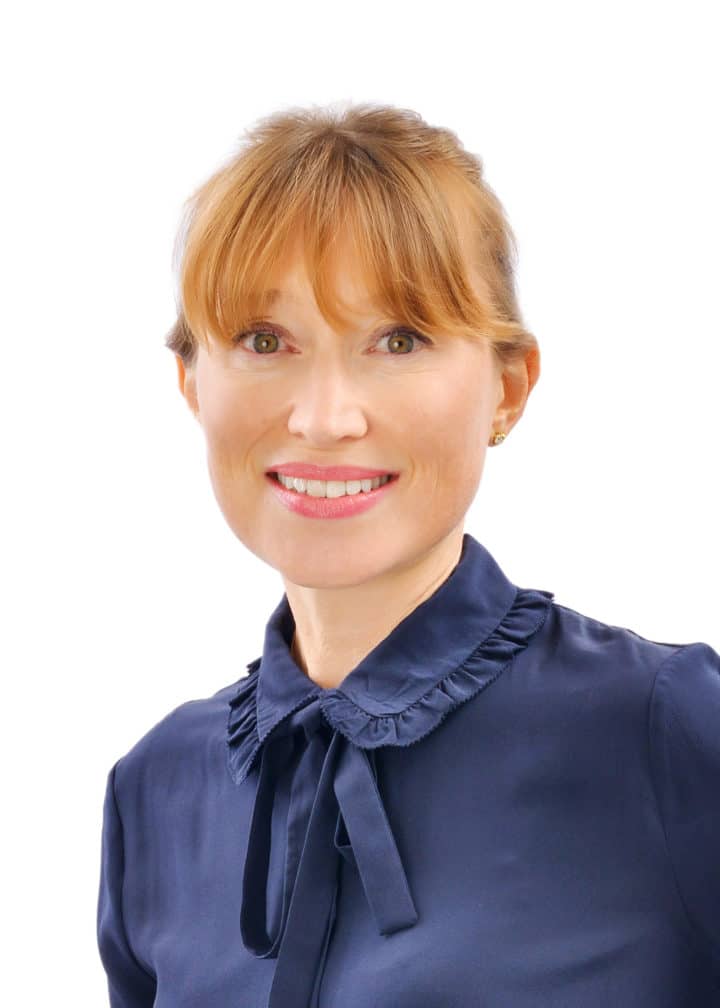
What happens to your children’s growing teeth and when are the key growth stages? We asked Dr Alison Roberts to explain all:
How many teeth does an adult typically have?
An adult has 28 teeth and may or may not have a further 4 wisdom teeth. Some or all of the wisdom teeth may be present and they may or may not cause problems.
When do babies typically get their baby teeth?
Baby teeth start to erupt from the age of about 6 months and are usually all present by the age of two and a half.
When do baby teeth fall out and adult teeth arrive?
Adult teeth start to push the baby teeth out at about 6 years of age. The lower anterior teeth are the first to be replaced. The last baby teeth to be lost are the molars which are replaced by the adult premolars from around 10 to 14 years of age.
Why is it painful for babies to get their teeth but it’s not painful when adult teeth come thorough?
The baby teeth break through the gummy ridges of the jaws. Adult teeth slowly reabsorb the roots of the baby teeth and push through from underneath. Wobbly baby teeth can cause some discomfort but fall out naturally and usually painlessly.
When is the classic ‘ugly duckling’ time for children?
The upper front adult teeth erupt between the ages of 7 and 8 and are often spaced out and splayed – commonly known as ‘the ugly duckling’ stage. It can look ungainly to have teeth pointing in all directions but when the canine teeth erupt at the age of 10 they will push the incisors together.
Typically, when does it become clear there may be a need for orthodontic (braces) treatment?
Children are assessed by their dentist at their 6 monthly check-up appointments. From around 5 years old the integrity and function of soft tissues of the face, mouth and tongue are assessed and intervention may improve the position of the teeth later on. Crowding of the adult teeth can be predicted even before they erupt as the spacing in baby teeth indicates whether there will be adequate space. Having space is generally a good sign.
From the age of 8 we see the upper adult teeth erupting and the bite forming; this can be the ideal time for early intervention to encourage the bones to expand and grow to allow for more space. By the teens (when all adult teeth are present) orthodontic treatment can be implemented to align and correct the bite.
How do you know if your child needs orthodontic treatments?
If the teeth do not have enough space and the bite is not functional then treatment may be wise. If the lips are unable to close and eating, speaking and cosmetics are compromised, orthodontics can align and improve the teeth and smile. Of course, if a child does not want to have orthodontic treatment and the main benefit is cosmetic, there is no compulsion to proceed.
Do teeth settle them move again in adulthood?
Teeth will move throughout life, regardless of whether you have had any orthodontic treatment or not. Crowding can worsen or spacing increase. It is nothing to do with the presence of wisdom teeth and the only way to prevent tooth movement is to wear retainers at night.
When do wisdom teeth come through?
Wisdom teeth can erupt from the age of 18. Impacted wisdom teeth may move intermittently and cause episodic problems.
Do different life stages affect your oral health? i.e. pregnancy, post-menopause?
Women are affected by changes in hormone levels, particularly progesterone, puberty, contraception and pregnancy. The increase in hormones during pregnancy increases the blood supply to the gums and makes the gums more reactive to plaque. The gums can also bleed more during this time. Menopause also effects hormones, reducing oestrogen which can affect bone density and this in turn reduces the boney support for the teeth and gums. Saliva flow can also be reduced.
Men and women are affected differently by age and women are more susceptible to bone resorption after extractions, and implication if implants or dentures are indicated.
If you have any questions, please see your dentist.
 Dr Alison Roberts is a UK trained dentist at Smilefocus.
Dr Alison Roberts is a UK trained dentist at Smilefocus.
Call 6834 0877 to make an appointment or visit www.smilefocus.com.sg
